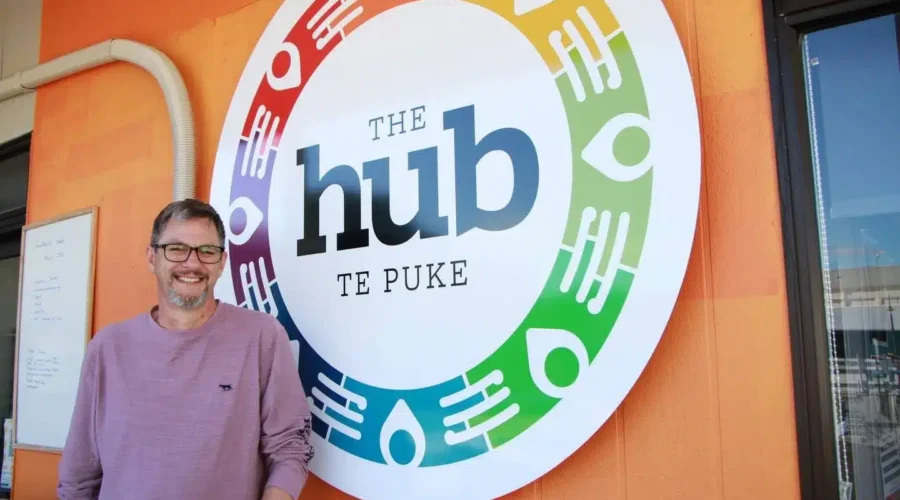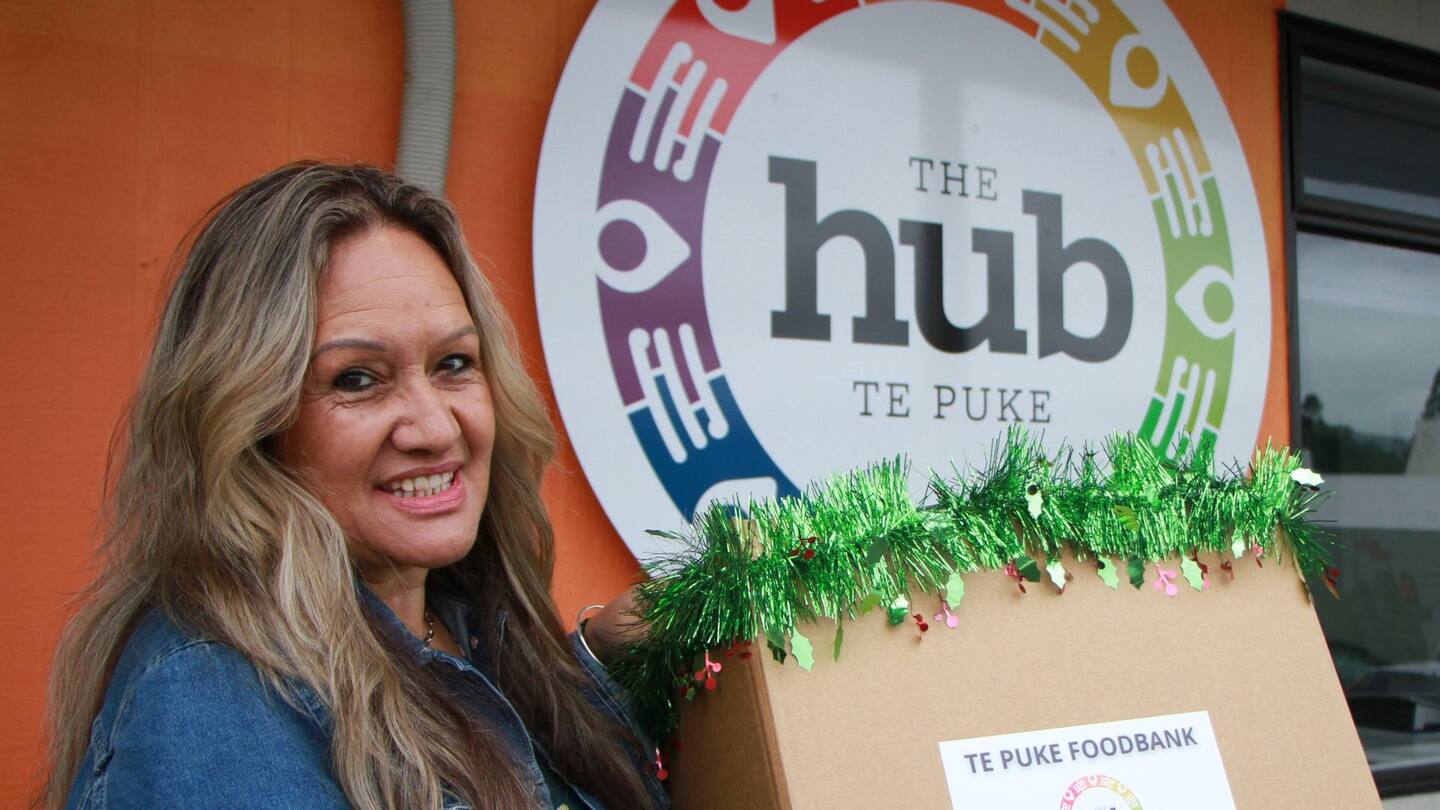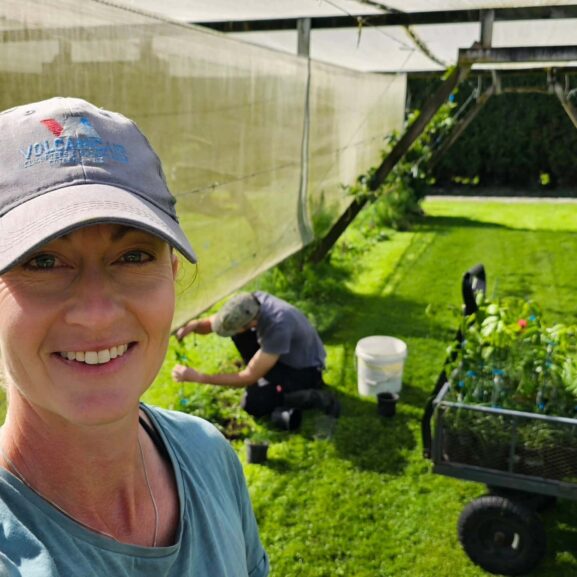Demand for Food Services Surges at Te Puke’s The Hub as Winter Approaches
Te Puke, Bay of Plenty – The Hub, a vital community service in Te Puke, is bracing for a busy winter as demand for its food service has skyrocketed. In the first three months of this year alone, the organization provided assistance to 275 whānau, indicating a significant increase in need within the community.
Historically, The Hub’s food services primarily supported rough sleepers. However, CEO Scott Nicholson reports a noticeable shift in demographics, with a growing number of dual-income families now seeking aid.
“About 60-80% of our cohort fit that description,” Nicholson stated, highlighting the broadening scope of food insecurity in the region.
Nicholson also expressed concern about a demographic less likely to access their services: impoverished seniors. He sees this as a growing problem that needs to be addressed.
The Hub’s continued operation was uncertain in 2024, but a crucial services contract from the Western Bay of Plenty District Council ensured its survival. Nicholson emphasized that without The Hub, those relying on their services would face the burden of traveling to Tauranga, putting additional strain on city providers.
Local Support and Food Rescue Efforts
The Hub’s food services are significantly bolstered by the generosity of local kiwifruit growers and supermarkets, including Woolworths and New World. Their contributions have been instrumental in the distribution of an impressive 12,911kg of food.
Nicholson and his team, comprised of 22 dedicated volunteers, are committed to rescuing food that would otherwise be destined for landfills. He points out that a substantial amount – about 40% – of food never even reaches the market for sale, ending up as waste.
“We don’t utilise the food in the right way,” Nicholson remarked, explaining that this food is often used for animal feed or could negatively impact businesses’ bottom lines. The Hub’s efforts have already prevented 11,401kg of food from ending up in landfills.
In April, despite being open for only 10 working days, The Hub recorded 300 interactions. While some of these may represent repeat visits or individuals accessing multiple services, the overall number of interactions in the January to March quarter reached 927.
Accessible Services and Holistic Support
Clients can access The Hub’s food service through a koha system, where a payment of $20 to $40 provides them with double or triple the value in food. Nicholson highlighted The Hub’s commitment to cultural sensitivity and dietary needs, ensuring that while packages may appear similar, they cater to diverse backgrounds and allergies.
Beyond food, The Hub also extends its support to the beloved pets of those facing hardship, providing pet food. “For many people, animals provide emotional support and safety,” Nicholson noted.
The Hub offers a range of additional services designed to provide holistic support to the community. These include financial planning, winter clothing, free haircuts, and an insurance advocacy service.
Nicholson shared an anecdote about “Bex the barber,” who he says “does a great job convincing some of our more reluctant rough sleepers to get their hair done.”
He expressed particular surprise at the effectiveness of the insurance advocacy service, describing the world of insurance as a “minefield” that can be incredibly challenging to navigate for individuals. The haircut service is available on Wednesdays, and insurance advocacy takes place on Tuesdays.




